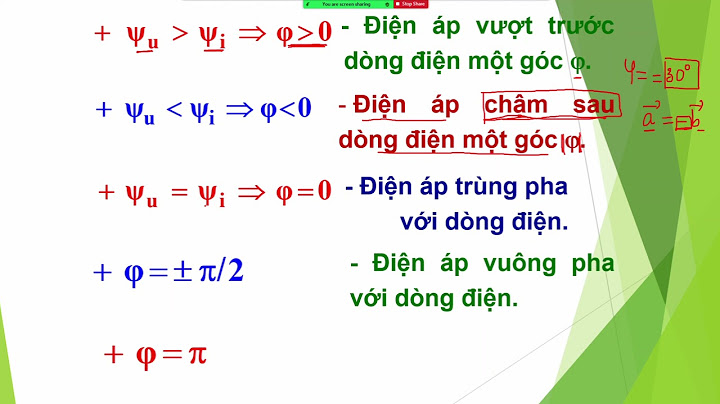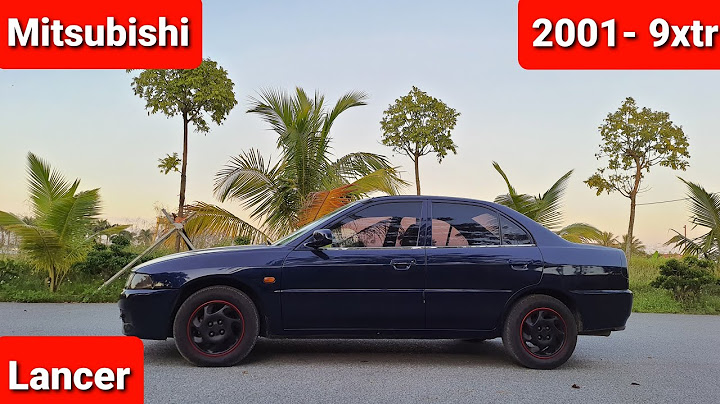T-FORCE DELTA MAX WHITE RGB SSD now is available in Aurora White, which will set off a fashion trend in white color once again! It perfectly displays a translucent Aurora White color when illuminated. Show  Largest translucent area for you to switch at willWith a panel-like RGB luminous area, the DELTA MAX WHITE allows gamers to freely switch between eye-catching and colorful RGB effects, and enjoy and unprecedented fresh experience.  A reliable solution to protect your dataAdopts durable, shockproof 3D NAND flash memory chips for all-around information protection; equipped with DRAM Cache for high read/write speeds so gamers can stay on and game on.  Smart optimizationIt is buil in with smart algorithm management mechanism. The garbage collection function can ensure operation efficiency. The powerful Wear-Leveling technology and ECC (Error Correction Code) function improve the reliability of data transfer. It supports Windows TRIM optimization command which is able to release free blocks, allowing the operating system to use them immediately when writing data. The optimized access control technology of NCQ can speed up the read and write performance of the SSD, and effectively prolong the service life. Team Group have a few different capacity flavours of their Delta drive. 250GB, 500GB, and 1TB are all on offer, and today we have the baby of the stack to test. Naturally, modern SSDs are largely limited by the SATA 3 interface, but the Delta offers performance that - on paper - should still be close to saturating the 6 GBP/s transfer rate limit. Whilst I have covered the memory and controller specifics on the previous page, below you can see a slightly more detailed breakdown of the Delta's more obscure specifications. This is taken directly from Team Group's website, and I will leave a link to the Delta SSD's product page here. Product Specifications Model DELTA S TUF Gaming RGB SSD (12V) Interface DATA: SATA Rev. 3.0 (6Gb/s) – with backwards compatibility to SATA Rev. 2.0 RGB Signal: USB Micro B type Capacity 250GB / 500GB / 1TB[3]Voltage DC 5V Operation Temperature 0°C ~ 70°C Performance ATTO / Crystal Disk Mark: 250GB Read: 560MB/s ; Write: 500MB/s 500GB Read: 560MB/s ; Write: 500MB/s 1TB Read: 560MB/s ; Write: 510MB/s[4]IOPS: 250GB 4K Random Read/Write: 90K/80K IOPS max 500GB 4K Random Read/Write: 90K/80K IOPS max 1TB 4K Random Read/Write: 90K/85K IOPS max[4]Dimensions 100(L) x 69.85(W) x 9.5(H)mm Humidity 0°C ~ 55°C / 5% ~ 95% RH,non-condensing Vibration 20G (non-operating) Shock 1500G MTBF 1,000,000 hours Warranty 3-year limited warranty That is nothing that I didn't expect to see. SSD's, in general, are usually pretty hardy, given the lack of moving parts and intrinsic resistance to shock damage (aka. being clumsy). It's worth mentioning, here, that whilst there are multiple variants of the non co-branded model, the one we have is strictly limited to the 'S' model from TG's lineup. This means that whilst there is RGB control with the ability to match up to other Aura Sync capable products, the RGB is single colour only. Controller ArchitectureThe controller used in the Delta is the now very familiar Silicon Motion S2258. We have seen this controller (and, indeed, this controller and memory combination) in numerous drives before now. I suspect this is entirely to do with cost vs. performance, given that it would seem to make an SSD that is 'good enough' for the masses to appreciate, all whilst being reasonably inexpensive to source. Silicon Motion offer a PDF that goes into detail about the S2258, which I will link here. For those not wishing to dive through that, however, here is a brief run down. We see immediately the reason for its popularity, given the compatibility between the S2258 and - so claimed - '3D TLC from all major NAND suppliers.' We see the support for 560/520 MB/s Read/Write, as well. Nearly all SSD controllers are 32 bit ARM based CPUs, as well, given their ultra-low power use. Ultimately, the product sheet is very facts and figures based, with little else to go on. However, that's not surprising, given that a controller alone does not an SSD make. PricingIn the United States, from Newegg, the 250GB Delta 'Non-S' drive can be had for $52.02. The versions of the drive that aren't co-branded with Asus' TUF range are available in a few more flavours than just the 'S' model we have in for testing, and the differentiation comes in the form of the RGB implementation. That doesn't seem so bad (and, well, it isn't), but then you realise that similarly specced SSDs like Crucial's excellent MX500 can be found for cheaper. I mean, not much cheaper, but still cheaper (to the tune of about 8 USD). So, is that 8 USD more just for the lights? It's fascinating to see just how much SSD's have utterly crashed in price, of late, meaning that companies like Samsung, Crucial (and so on) will be forced to be even more competitive in pricing. Hilbert, in his overview of the new Samsung QVO drive, hit on a good point by saying that Samsung do have an inherent advantage in the flash storage space, with all elements of the seemingly excellent QVO being manufactured in house. Superior (potentially) performance, lower manufacturing costs, similar retail pricing. It's a win-win. Elsewhere on the market, and we look to the UK and rest of the EU (more specifically, Germany). Caseking has several of the capacity and model variants listed, which is good to see. There, one can expect to pay around 60-65 EUR for either the regular version of the drive, or the 'R' variant, which has full RGB control. I don't know about you, but that seems like a very simple decision to make? This, again, isn't terrible value at all. However, if you are after performance and a drive that doesn't use the now very tried/tested Micron 32L TLC NAND and SM2258 controller, the 860 Evo is on sale at Mindfactory for around the same price. In the UK... well, a total bust. I couldn't find the 'Non-TUF' drives anywhere, and certainly not the one we have here today. If I were to hazard a guess, pricing would likely fall in the 50-55 GBP range, continuing the tradition of electrical hardware in the UK being slightly pricier than the US, but some way cheaper than mainland Europe. Warranty wise, we are looking at 3 years, or the same as what Samsung offers on their slightly more expensive QVO series drive (essentially the 'budget' option, if you include their mainstream 'Evo' series in the picture). |




















